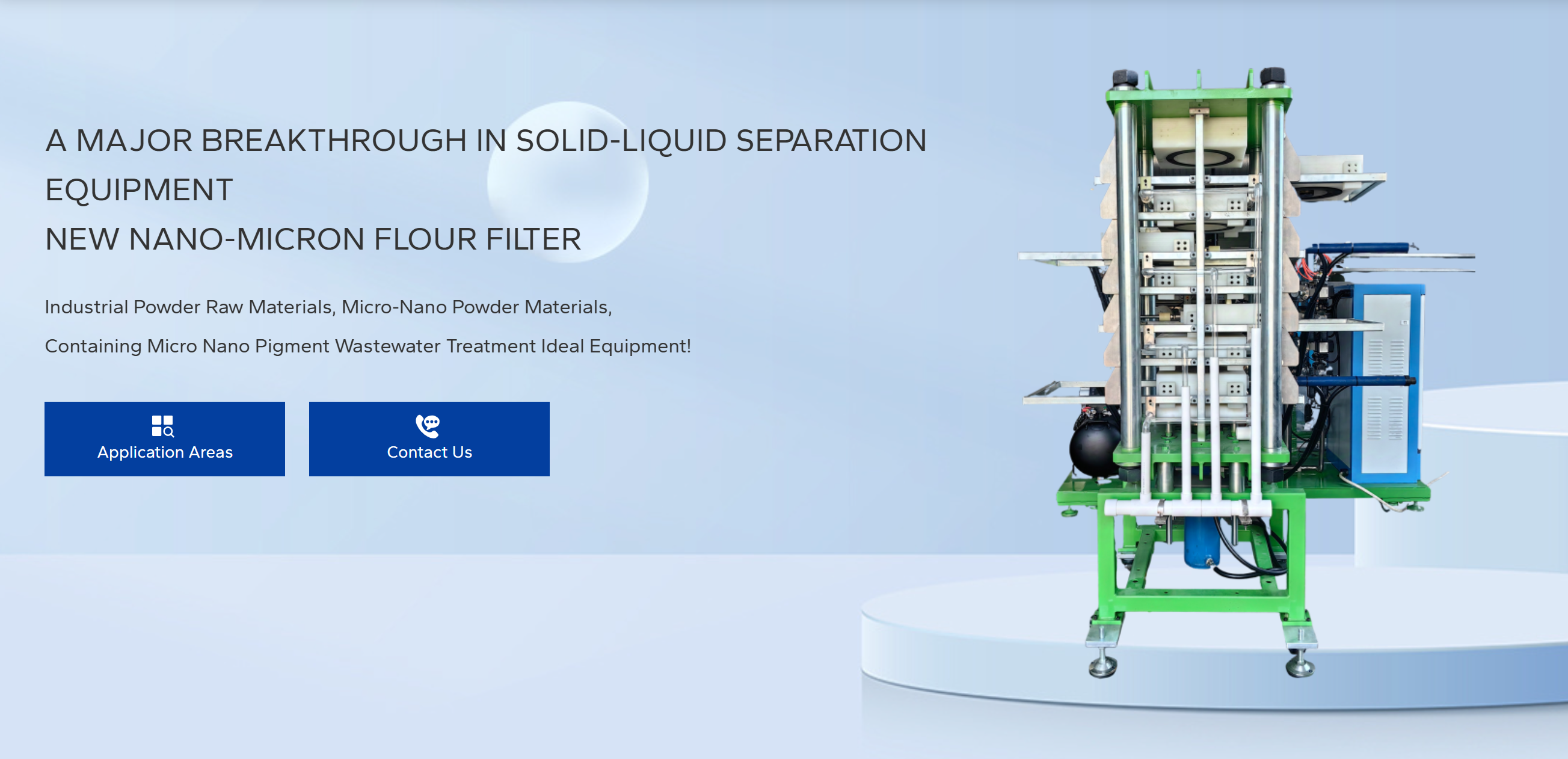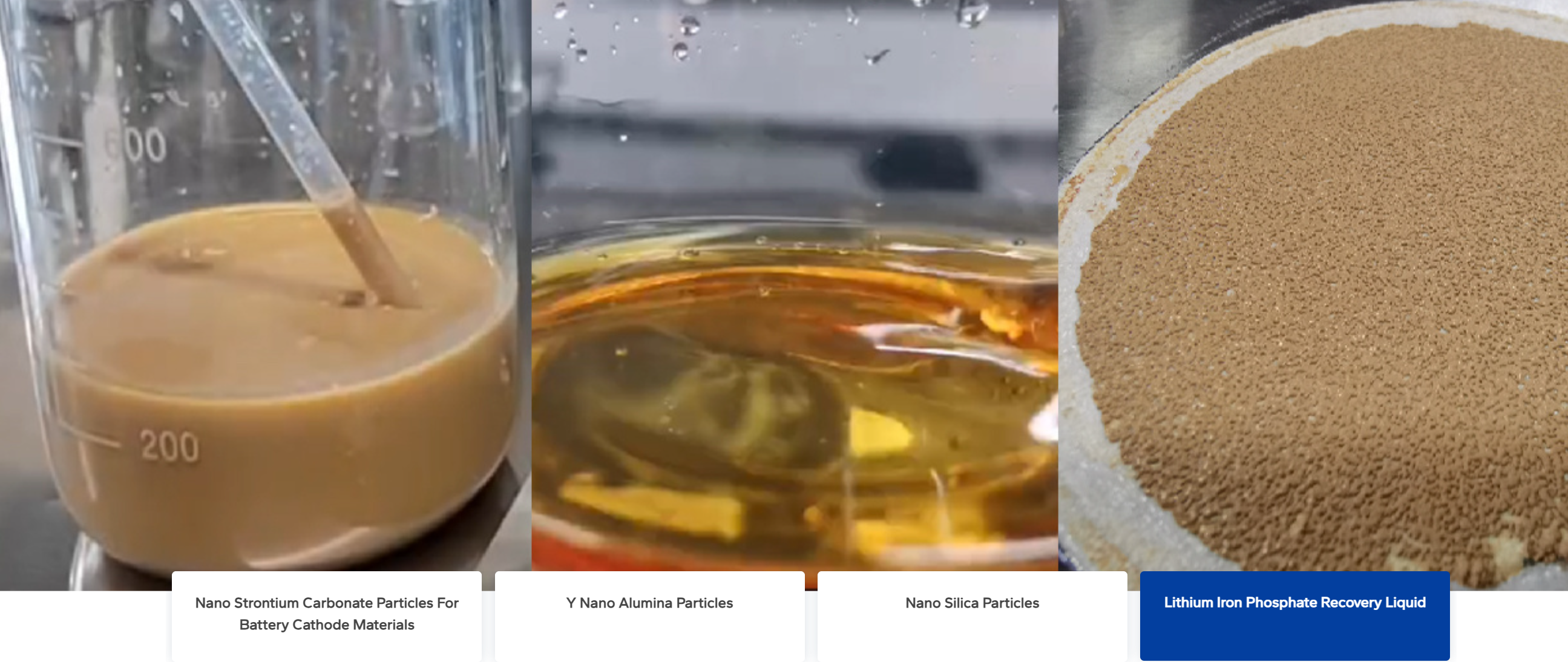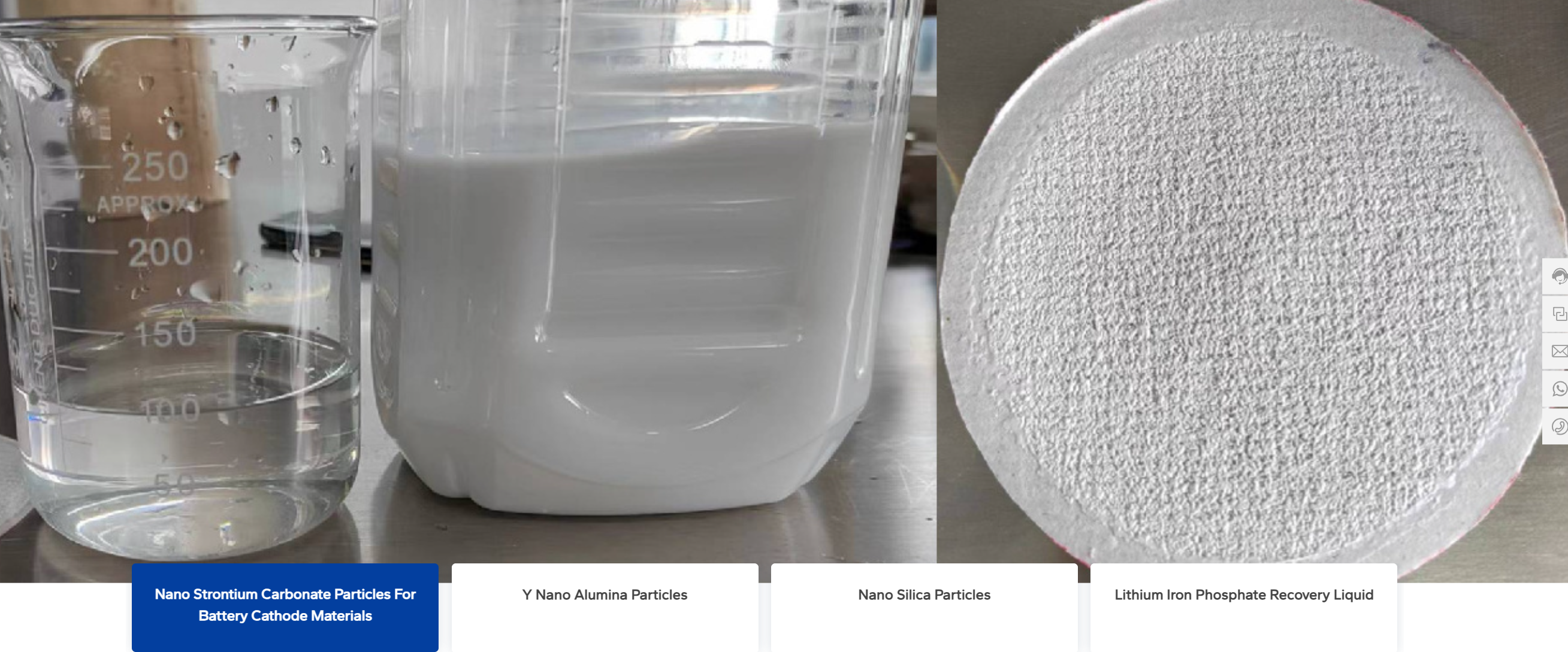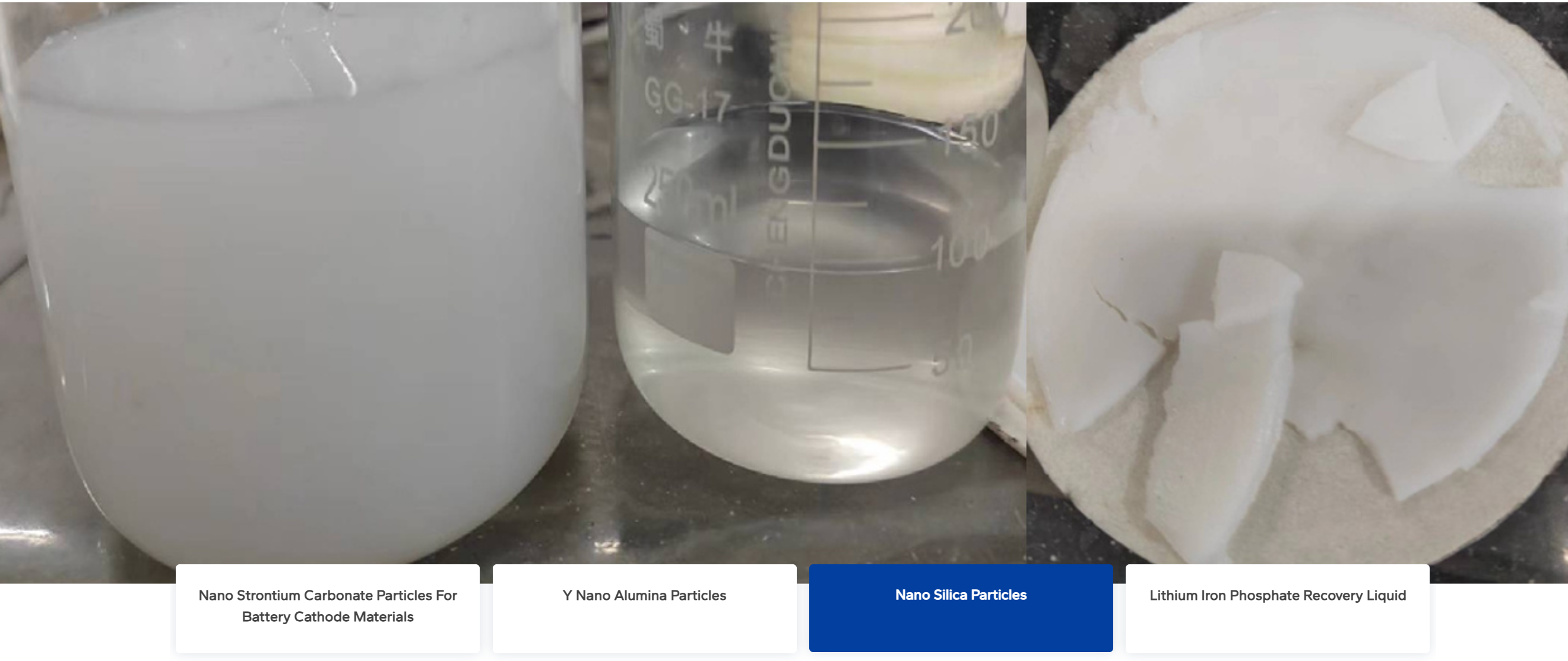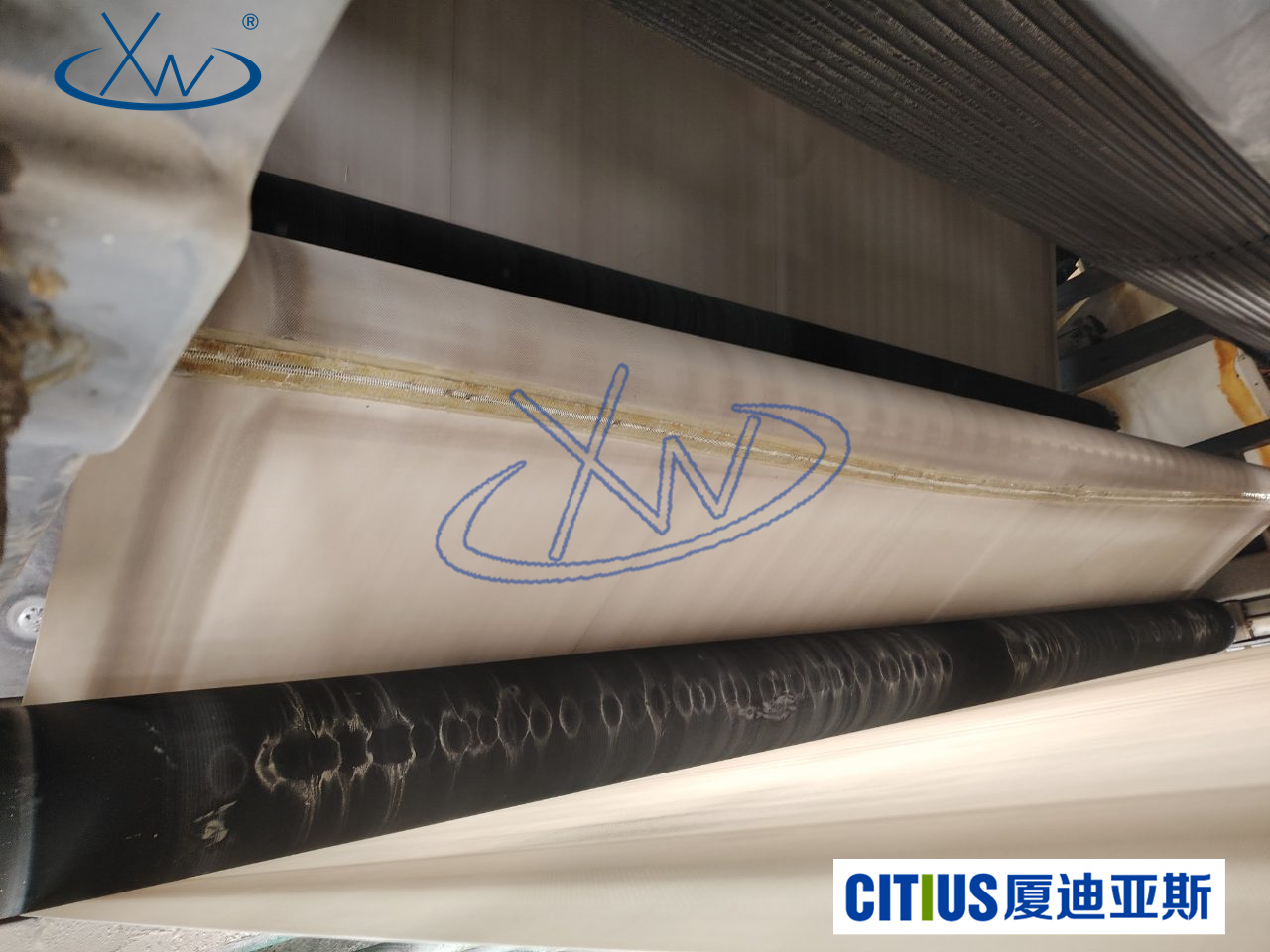Major Breakthrough in Solid-Liquid Separation Equipment - New Type of Nano-Micron Powder Filter
Release time:
2025-03-04
Introduction
With the continuous growth of demand for efficient and precise solid-liquid separation across various industries, including fine chemicals, mineral processing, and micro-nano material processing, the requirements for filtration equipment are also increasing. However, traditional filtration equipment often struggles to handle nano-sized particles, making it difficult to meet the technical demands of modern industry.The revolutionary solution launched by Xiamen Citius - a new type of nano-micron powder filter, sets a new benchmark in the industry by combining advanced technology with practical efficiency.
Addressing Industry Challenges
1. Increasing Complexity of Filtration Needs
Modern industry requires filtration systems capable of handling materials with various characteristics, from non-metallic mineral powders to advanced nano metal oxides. Traditional methods often face issues such as low retention rates, clogging, and inefficiency when separating micro-nano particles.
2. Environmental and Operational Issues
As the importance of sustainability and cost control continues to rise, the industry urgently needs solutions that reduce chemical usage, lower energy consumption, and improve operational efficiency. Traditional filtration methods that rely on chemical additives not only increase operational costs but also pose environmental problems.
3. Multifunctional Requirements
In the processing of complex materials, filtration equipment often needs to have multiple functions such as separation, washing, and drying simultaneously. This demand highlights the importance of integrated solutions that can simplify process flows and provide optimal results.
Key Features of Nano-Micron Powder Filter
1. Excellent Retention Rate
The new nano-micron powder filter can achieve a retention rate of up to 99.9% even when facing micro-nano-sized particles. Thanks to advanced filtration media and precise engineering design, it ensures consistency and reliability of results.
2. Pure Physical Filtration
Unlike traditional systems that rely on chemical additives, this filter uses a pure physical filtration method. This not only reduces operational costs but also eliminates pollution risks, making it ideal for applications that require high purity, such as fine chemicals and micro-nano material production.
3. High Energy Efficiency and Automation
With low energy consumption and a highly automated design, the nano-micron powder filter ensures efficient cost-effective operations. Its user-friendly interface and automated controls reduce manual intervention, increase productivity, and minimize downtime.
4. Integrated Design
The system integrates solid-liquid separation, washing, and drying into a unified process. The result is clarified filtrate, low moisture content filter cakes, and easily peelable filter cakes, addressing key pain points in the industry.
Industry Applications
1. Fine Chemicals
The fine chemicals sector, including pigments, dyes, and specialty materials, often involves the need for precise separation of micro-nano particles. The nano-micron powder filter performs excellently in processing these materials without compromising purity and efficiency.
2. Non-Metallic Mineral Processing
Non-metallic minerals such as talc, quartz, kaolin, and mica are widely used across various industries. Achieving high retention rates while maintaining material integrity is crucial. This filter excels in separating fine mineral particles, making it an indispensable tool in mineral processing.
3. Micro-Nano Material Production
The production of advanced materials such as nano nickel powder, titanium oxide, and silicon carbide requires dedicated filtration systems capable of handling ultra-fine particles. The nano-micron powder filter ensures precise separation, enhancing the quality and performance of these materials.
4. Wastewater Treatment
The low separation efficiency of industrial wastewater containing micro-nano pigments is a significant challenge. This filter, with its high retention rate and pure physical filtration method, becomes a sustainable and cost-effective choice for wastewater treatment.
Technological Innovations Behind the Filter
1. Advanced Filtration Media
The nano-micron powder filter uses proprietary filtration media capable of capturing micro-nano-sized particles. The durability and chemical resistance of the media ensure long-term performance, adapting to diverse applications.
2. Modular Design
The modular design allows customization according to specific industry needs. This flexibility ensures compatibility with existing systems and supports scalability as operational demands grow.
3. Automated Control System
Advanced automation technology reduces manual intervention, lowers error rates, and ensures consistency in performance. Real-time monitoring and adaptive control features further enhance operational efficiency.
Benefits for End Users
1. Improved Product Quality
By achieving excellent particle retention rates, the nano-micron powder filter ensures that the final products meet stringent quality standards. This is particularly critical for industries such as fine chemicals and advanced materials.
2. Reduced Operational Costs
The pure physical filtration without the need for chemical additives and energy-saving design significantly lowers costs. Additionally, low maintenance requirements further reduce operational expenses.
3. Sustainability
The environmentally friendly design of the filter aligns with the global shift towards sustainable practices. By reducing chemical usage and energy consumption, it supports eco-friendly operational methods.
4. Operational Efficiency
The integrated design and high automation simplify processes, enhancing overall production efficiency. The system's ease of use ensures seamless operation even in complex applications.
Case Studies
Case 1: Fine Chemical Manufacturer
A leading fine chemical manufacturer faced challenges in separating nano-sized pigments from wastewater. The nano-micron powder filter not only improved retention rates but also reduced chemical usage, achieving a 20% cost reduction and improving wastewater quality.
Case 2: Mineral Processing Plant
A mineral processing plant that handles kaolin and mica powder often encounters clogging and inefficiency issues when using traditional filtration systems. The advanced medium and integrated design of the nano-micron powder filter machine have solved these problems, increasing production capacity by 30%.
Conclusion
The new nano-micron powder filter machine represents a significant breakthrough in solid-liquid separation technology, addressing key challenges in the industry with unparalleled efficiency and precision. By combining advanced engineering design, environmentally friendly practices, and operational flexibility, Xiamen Citius has set a new standard for filtration solutions. Whether in fine chemicals, mineral processing, or wastewater treatment, this innovative system is an ideal choice for enhancing productivity, sustainability, and profitability.
